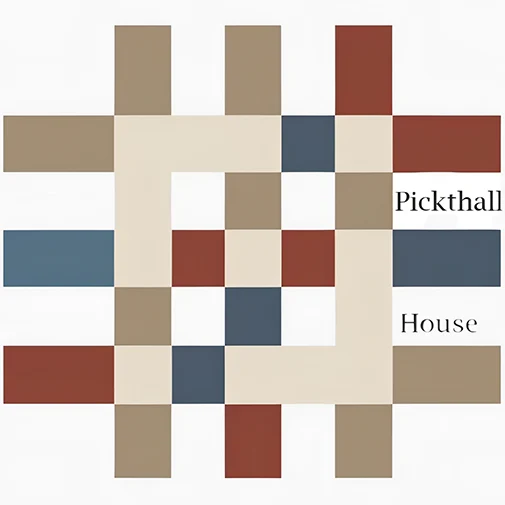The government’s decision to halt commencent of the Higher Education (Freedom of Speech) Act is a serious mistake.
The legislation, which requires universities to promote freedom of speech above competing considerations and empowers the Office for Students to enforce this, may not be perfect. Ending divisive ‘culture wars’ over freedom of speech is a commendable intention. But halting this legislation is the wrong way of going about it.
Concerns about protecting minority groups from hatred and intolerance are legitimate, but the Higher Education Act does not change our existing legal framework, which sets a high bar for criminalising speech. What it does do is give regulators real teeth to ensure universities honour that framework by preventing them from restricting lawful speech.
Understandably, some Labour figures doubt that empowering regulators is necessary. The previous Conservative government was fond of harping on a relatively small number of cases where right-wing speakers or academics were ‘cancelled’, while doing little to protect the free speech of groups, like pro-Palestine protestors, that they disliked.
But the evidence that universities have a systematic problem with free speech is overwhelming. Free speech unfortunately became a right-wing trope in our confected culture wars for a simple reason: there are currently very few conservative academics, and so they are disproportionately likely to be censored or discriminate against for their views.
The likes of Michael Gove harmed the cause of free speech when they claimed a Marxist ‘march through the institutions’ was systematically silencing conservatives. In truth, the academic right is not less censorious than the left, but it is, for the time being, less powerful. This could change.
Free speech is, and always will be, the best way to protect the vulnerable from silencing by those with power, and ensure all viewpoints and perspectives are heard. The same laws that protect conservative academics today will protect progressive ones tomorrow.
Universities are the crucible of democracy. They educate the young and advance the frontiers of knowledge and understanding. The right to challenge received wisdom, of any ideological slant, is even more important on campus than in the rest of civil society.
If Education Secretary Bridget Phillipson is (as she is surely right to be) concerned about the practical workability of the legislation and the need to protect universities’ financial position, she should accompany her decision to pause implementation with a strong, unequivocal commitment to the Act’s aims.
This government should protect free speech at our academic institutions—for everyone, without exception.


